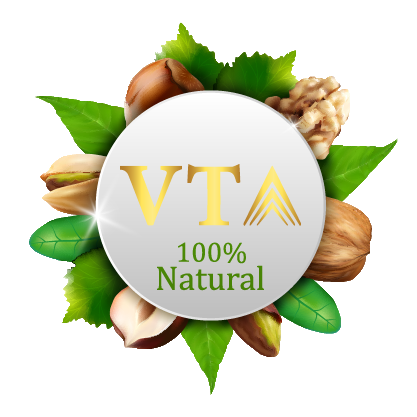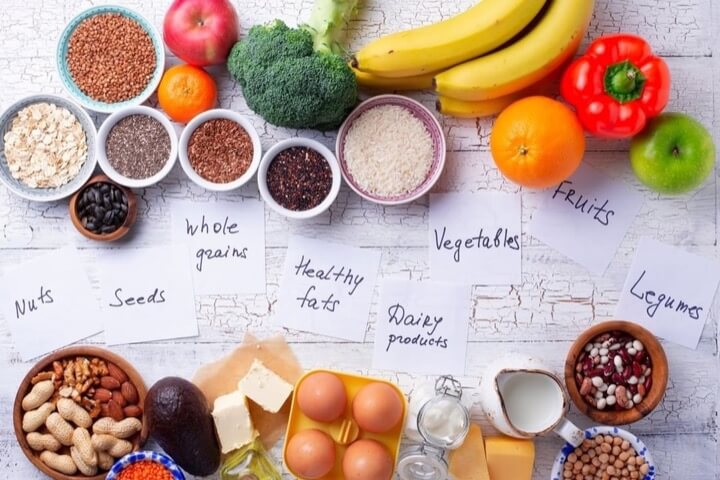Fasting is an individual's choice, Whatever the reason, it was a great decision
When the vegetarian started, Thoroughly planning a vegetarian diet will do many good things for your health and help you taste good.
The key to becoming a healthy vegetarian is making sure you get it all nutrients necessary.
If you are vegetarian or want to be vegetarian, This article will help you make a healthy eating plan.
Interesting options for vegetarians
There are different types of vegetarian plans.
One of the most popular is the lacto-ovo vegetarian plan.
Lacto-ovo vegetarians do not eat meat, poultry and fish, but eat dairy products and eggs.
A lacto-ovo eating plan included:
- Vegetable
- Fruit
- Nutrients Diet
- Dairy products
- Pea's tree
- Nuts and seeds
- Egg
Vegetarians who eat fish and seafood are known as pescetarians or pesco-Vegetarians.
A vegetarian plan can be appropriate for everyone
People of all ages or stages - from infants to seniors - can follow a vegetarian plan..
It is important to make sure you are getting all the nutrients you need for good health; and if your child is vegetarian, Make sure your baby gets the nutrients they need for good growth and development.
If you are pregnant or breast-feeding, Be sure to take in vitamin B12 , iron and omega-3 fatty acids.
But talk to your doctor, Your nutritionist or healthcare provider about prenatal supplements.
If you are on 50 year old, You will need a little more calcium, vitamin D and vitamin B12.
External supplements should consult a doctor, nutritionist.
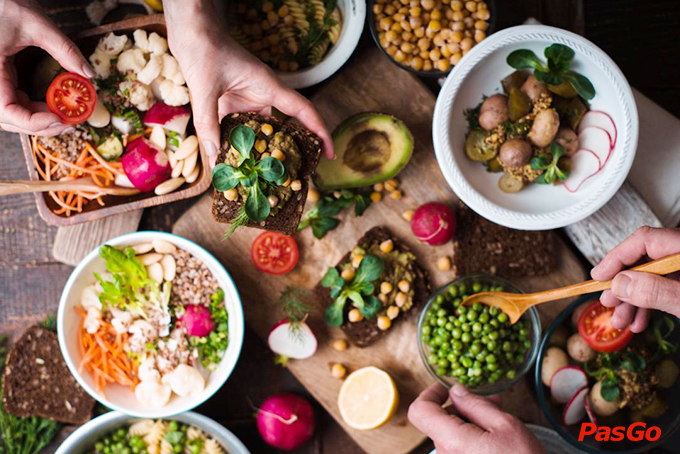
The Benefits of a Planned Vegan Diet
Vegetarianism has many health benefits.
A healthful and planned vegetarian plan will have less saturated fat and cholesterol, It also has plenty of fiber and vitamins like vitamins C and E.
Studies have also shown that a good vegetarian plan can help protect the body against:
- Heart disease
- High Blood Pressure Diabetes type 2
- Fat
- Some cancers and
- High cholesterol.
Plan well to get the nutrients you need
A vegetarian plan can provide all the nutrients you need but this requires some planning.
Becoming a vegetarian does not guarantee you good health if you mainly eat bread, fried food, cheese, White pasta and sweets, very little vegetables and protein, You may be deficient in key nutrients.
And with any meal plan, Sweet foods should be limited, fatty or salty, such as french fries and pies.
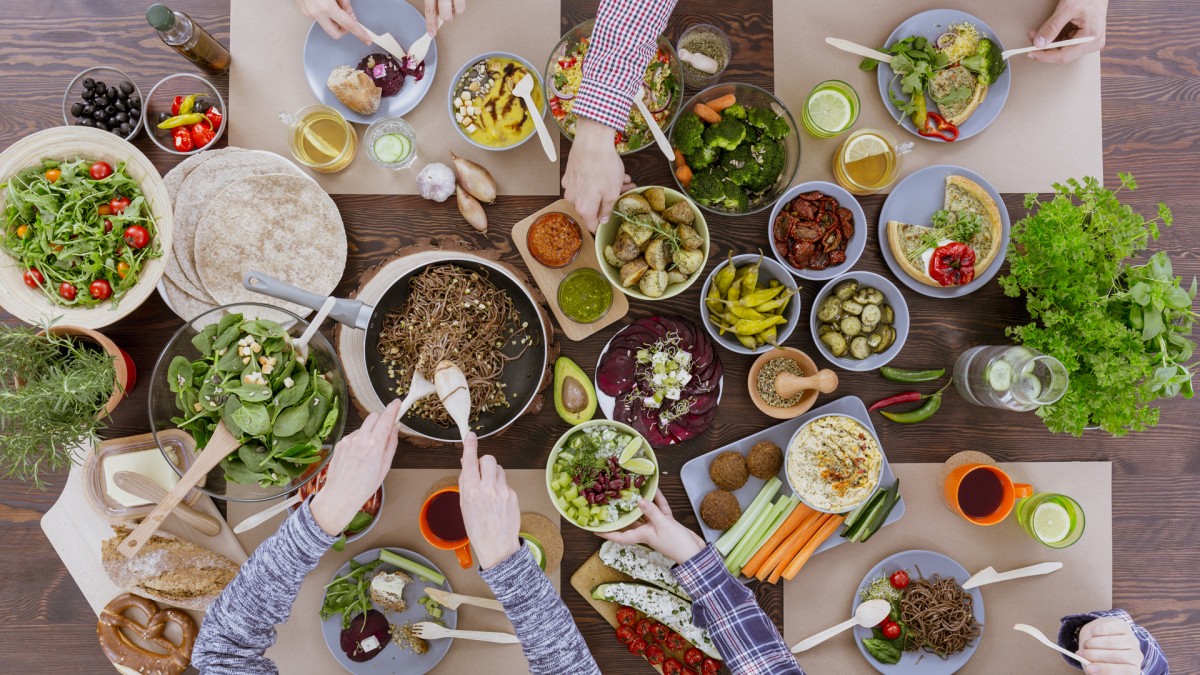
Here are the nutrients you need to pay special attention to if you are a lacto-ovo vegetarian:
Protein:
Protein helps keep your red blood cells and muscles working properly.
Vegetarian sources of protein include dairy products, kinds of bean (bean, lentils, peas) , soy bean , nutritious nuts , eggs and whole grains like quinoa and buckwheat.
Zinc:
Zinc helps in wound healing and boosts the immune system.
You can get zinc from legumes , Nutrients like walnuts, almond, Chia seeds and whole grains .
Iron
Iron helps carry oxygen throughout the body. Vegetarians need twice as much iron as non-vegetarians.
This is because we do not get iron from plant foods nor the iron from meat sources.
Iron is found in:
Pea's tree
Fortified pasta and cereals
Prunes, raisins and apricots
Quinoa
Blackstrap molasses
Dark green vegetables
Omega-3 fats:
Omega-3 fats promote heart health in adults and brain and eye development in babies. They are mainly found in fish and seafood.
Foods rich in omega-3 fats for vegans are fortified soy drinks and orange juice, omega-3 eggs, Tofu, rapeseed oil, soybean oil, flaxseed and walnuts.
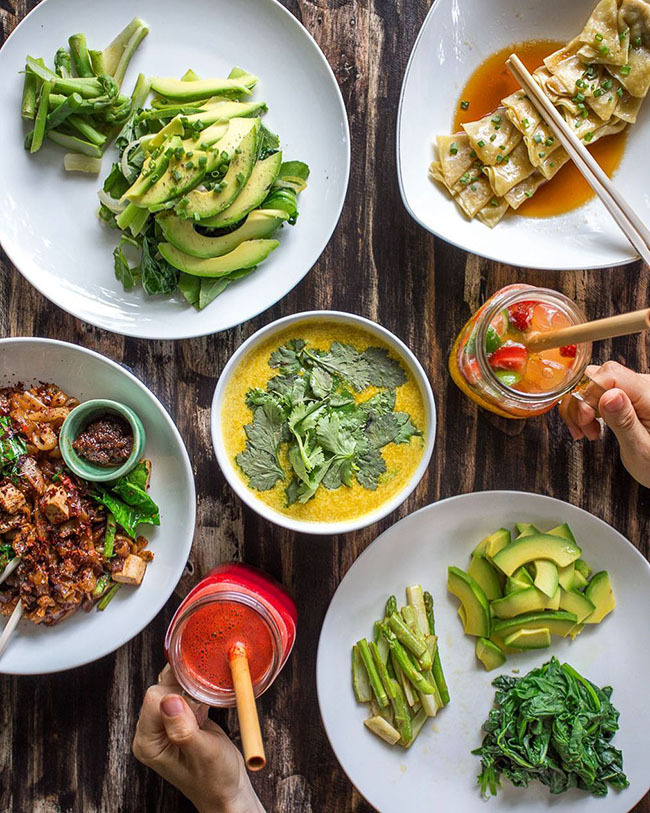
The bottom line for the vegetarian model:
A well-planned vegetarian diet can be healthy for people of all ages and can provide you with all the nutrients you need for good health..
